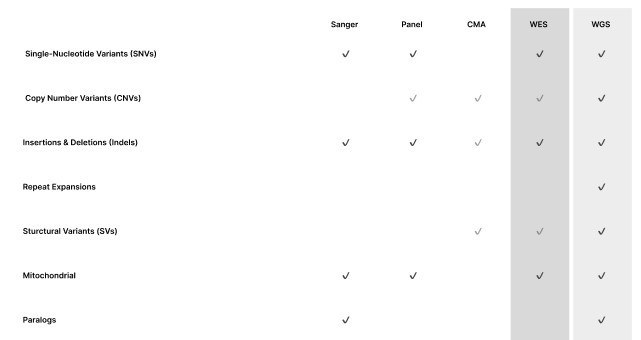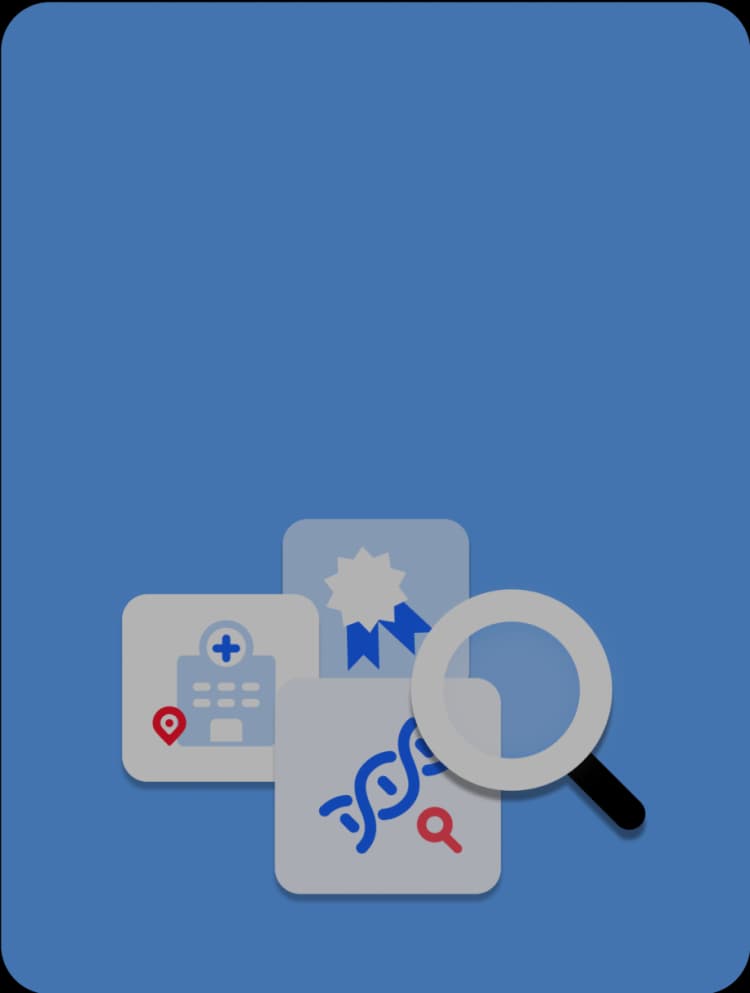What to Do After a Negative Genetic Test Result?
Receiving a negative genetic testing result can be disheartening, especially when you are seeking answers for an undiagnosed condition. However, there are several steps you can take after getting a negative result to navigate the situation and continue your diagnostic journey. Today we’ll talk about how to do that.
Negative genetic testing result
A negative result in genetic testing means that no pathogenic or disease-causing genetic variants were identified in the tested genes or regions.
However, it does not necessarily mean that you do not have any genetic variants associated with your condition.
There are several important points to consider:
Limitations of Testing
Genetic testing has its limitations. Different tests have varying sensitivity and specificity for detecting certain types of genetic variants. Some tests may have limited coverage of specific genes or regions, and certain types of genetic variations, such as large structural rearrangements, may not be detected by standard genetic tests.

Genetic Heterogeneity
Many genetic conditions are genetically heterogeneous, meaning that they can be caused by mutations in different genes. A negative result in one specific gene or panel of genes does not rule out the possibility of having a genetic variant in a different gene associated with the condition.
Undiscovered or Rare Variants
Genetic testing is constantly evolving, and our understanding of the genetic basis of diseases continues to expand. There may be undiscovered or rare genetic variants that have not yet been identified or included in standard testing panels.

Alternative Testing Options
If you have received a negative genetic testing result and your healthcare provider suspects a genetic basis for your condition, they may recommend further testing, such as whole-exome sequencing (WES) or whole-genome sequencing (WGS). These more comprehensive tests can provide a broader analysis of your entire genetic makeup and increase the likelihood of identifying disease-causing variants.

Introducing Our Enhanced Exome Sequencing!
Discover the most detailed and accurate Exome Test available
The first thing you need to do is figure out what kind of genetic testing you have a negative result on.
If it’s a CMA or Panel test, there’s an opportunity for a more comprehensive test to find the cause of your symptoms, and 3billion offers such tests.
If you’ve had a WES test, it’s possible that your case hasn’t yet been linked to a genetic variant. In this case, 3billion’s DAILY reanalysis system has the potential to find the causative genetic variant at any time.
Even if your WES test was performed by a third party, you can use 3billion’s reanalysis service if you have the data.
If you are specifically interested in the most comprehensive genetic testing, learn more about our services with an brochure exclusively for healthcare providers!

When Genetic Testing Doesn’t Give an Answer
Learn what options are available when initial results don’t explain the patient’s condition.
Get exclusive rare disease updates
from 3billion.

Sree Ramya Gunukula
Marketing Leader with experience in the pharma and healthcare sectors, specializing in digital health, genetic testing, and rare disease diagnostics.







